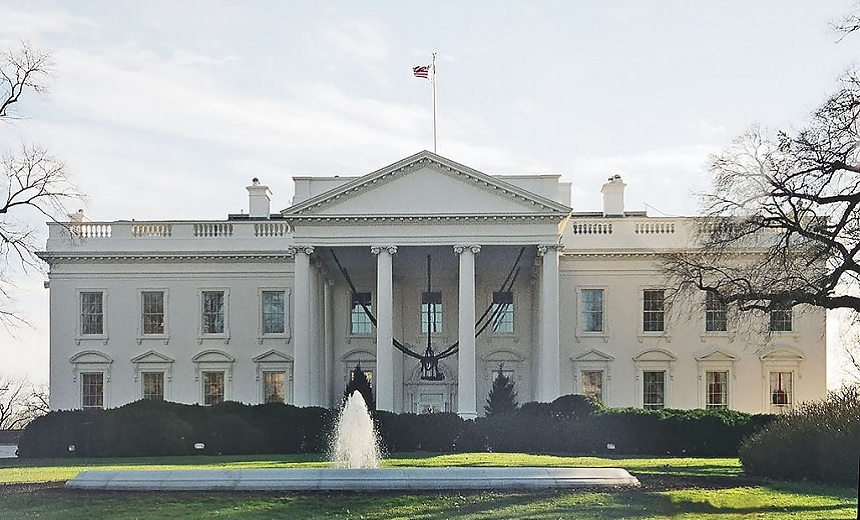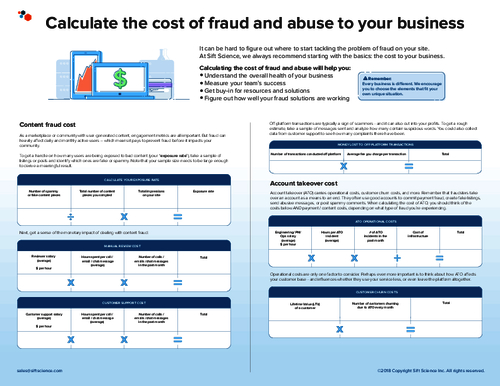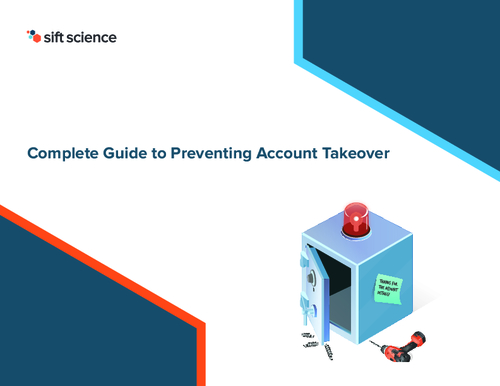Application Security , Governance & Risk Management , Next-Generation Technologies & Secure Development
Trump Executive Order Bans 8 More Chinese Apps
As With TikTok And WeChat, White House Cites National Security Concerns
Although two earlier executive orders from President Donald Trump banning the use of the Chinese-made apps TikTok and WeChat are still hung up in the courts, the president has issued a new executive order banning eight other Chinese apps, citing threats they pose to national security, economy and foreign policy.
See Also: Connecting Users to Apps
The new executive order, however, will not take effect until February, which will likely allow President-elect Joe Biden to decide how - or if - it is enforced.
Trump's order announced Tuesday bans the apps Alipay, CamScanner, QQ Wallet, SHAREit, Tencent QQ, VMate, WeChat Pay and WPS Office. The administration claims these applications collect user data that the Chinese government could then access this information to spy on American citizens.
"The pace and pervasiveness of the spread in the United States of certain connected mobile and desktop applications and other software developed or controlled by persons in the People’s Republic of China ... continue to threaten the national security, foreign policy and economy of the United States," according to the executive order.
The order further states that many federal departments and agencies have prohibited the use of Chinese-made software applications on government-issued computers and mobile phones. These prohibitions, however, are not strong enough to address security, privacy and other concerns, it says.
The executive order is similar to those issued in August to ban the TikTok and WeChat apps from the U.S. In those cases, the White House cited national security concerns (see: The Debate Over Trump 'Ban' of TikTok, WeChat).
But those orders have been blocked by a series of court decisions favoring the two companies and allowing the apps to continue to operate in the U.S.
Meanwhile, India banned dozens of Chinese-made apps in November, according to CNN.
DHS Warning
The latest executive order comes after the Department of Homeland Security issued an advisory in December about data theft risks associated with the use of Chinese technology and digital services (see: DHS Warns of Data Theft Risk Posed by Chinese Technology).
In the advisory, Homeland Security officials said American businesses that rely on Chinese tech will be prone to government-sanctioned data theft under a new law in China that enables the government to require firms to turn over data "under the pretence of national security."
U.S. businesses using Chinese technology - or services that are connected remotely to Chinese companies - should minimize the amount of data stored in China because it may be accessible by government authorities, according to the advisory.
Other Chinese-owned companies have also drawn scrutiny from U.S. government agencies. In late 2020, the Federal Communications Commission upheld its designation of Huawei and ZTE as national security threats, banning telecommunications firms from using federal funds to buy networking gear from the two companies.
This week, the New York Stock Exchange announced that it would delist the three Chinese telecom companies - China Mobile, China Telecom and China Unicom - that have also been included in White House executive orders and listed as having ties to China's military, according to the Wall Street Journal.






















